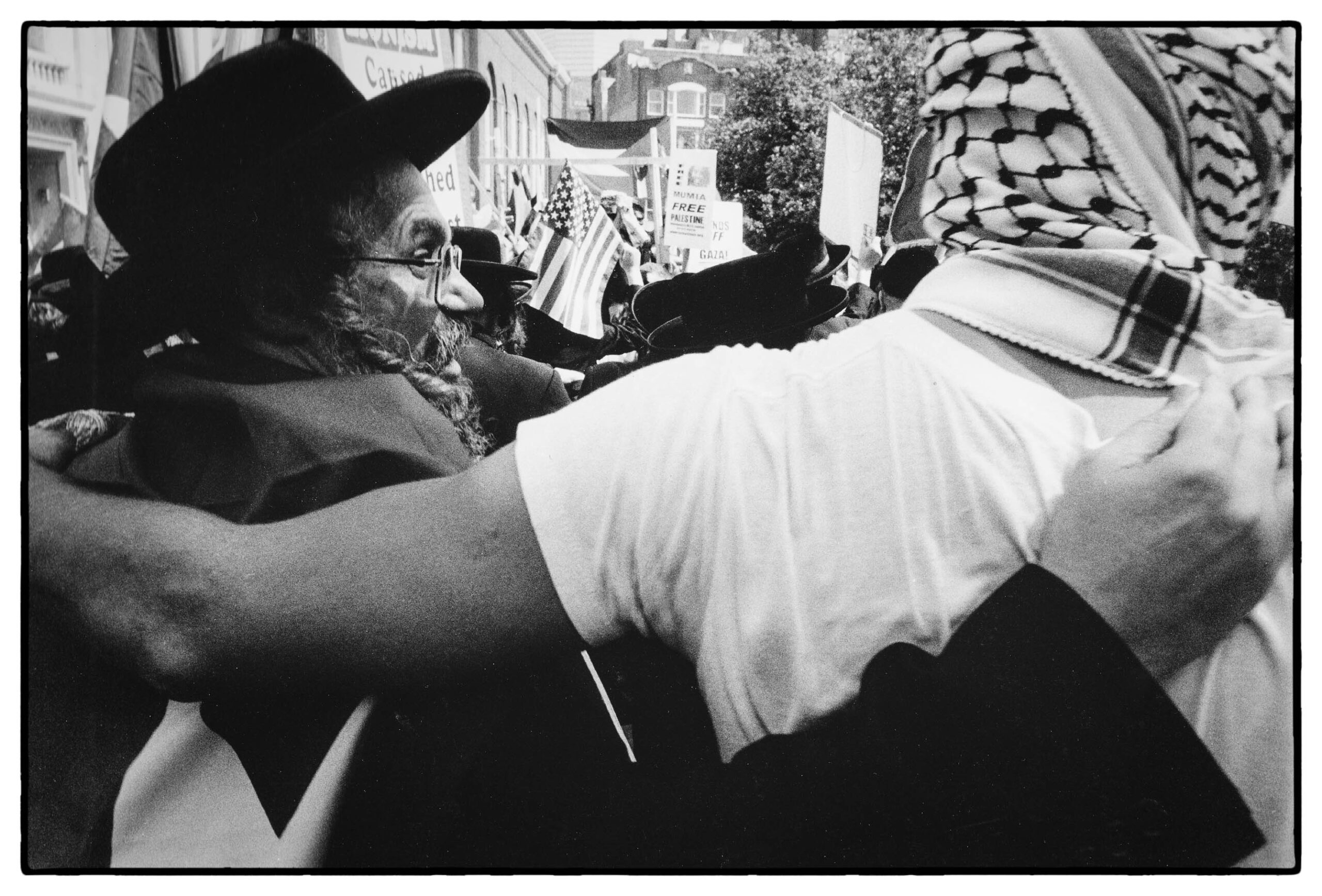Health care providers, whether they be nurses, paramedics, or physicians, typically enter the medical field for one core reason: to alleviate the suffering and ailments of those around them. However, one of the most important roles that health care professionals play is that of patient advocate. We see whoever walks through the hospital doors, irrespective of who they may be, thanks to the emphasis on mitigating bias, improving cultural sensitivity and enhancing impartial decision-making during our medical training. We even go so far as to elevate their voices to ensure that everyone under our service receives the care they need. Now, with the increased attention to global health initiatives, a physician’s role in advocacy is no longer limited to their home country. However, the paralleled increase in social media has significantly facilitated the spread of both information and misinformation that fosters prejudice in consumers. Physicians are not immune to this phenomenon and must work diligently to ensure that the advocacy and care they deliver are not influenced by implicit and explicit biases.
The current humanitarian crisis unfolding in Gaza is on an unprecedented scale due to our unique ability to form para-social relationships with its victims. The occasionally conflicting information coming out of Palestine and Israel has caused people to form strong opinions regarding the violence in the region. Nevertheless, physicians have a moral and ethical duty to remain impartial in this crisis and to advocate for the safety of all non-combatants. The escalation of violence on October 7, 2023 preceded a significant rise in both Islamophobic and anti-Semitic sentiment in the United States. In the two weeks following October 7, there have been nearly 800 calls for help and reports of Islamophobia as well as over 300 incidents of anti-Semitism, a rise of nearly 200% and 400% respectively. The violence abroad has direct effects here at home as physicians and allied health professionals can expect to face the aftermath of increasing hate crimes.
Recently, the term “genocide” has been used to describe both the actions of the Israeli government and military as well as those of Hamas. Although there has been an overwhelming condemnation of the Israel Defense Forces’ actions by national organizations, such as the United Nations, World Health Organization, and Doctors Without Borders, many remain steadfast in their belief that there has been a justified and equivocal Israeli response in Gaza. Overall, physicians should condemn all forms of violence, regardless of the perpetrator and alleged justification. The destruction and siege of Gazan hospitals, regardless of the reason or legality, must be condemned in the strongest of fashion. Whether these calamities are from an Israeli airstrike or a misguided Hamas rocket should be of less importance to health care professionals compared to mustering an overwhelming call to action in sending medical aid to the victims of these horrid attacks. Indeed, the Geneva Conventions dictate that “the standard of care of the wounded and sick must be the same for one’s own and the enemy’s personnel.”
As health care professionals, we know all too well the importance of patient and provider safety during a health care visit — countless checks and balances are set to ensure that “do no harm” is implemented as best as possible and that our basic principles of health care are observed. Yet surgeons in Gaza are functioning without the necessary supplies and facilities, forced to operate without appropriate sterility or anesthetic. At the time of writing, nearly 200 physicians and nurses, and over 300 medics and allied health staff have been killed while treating patients as a result of hospital bombardments. 2024 began with the near-total destruction of Gaza’s hospital network, with the most recent attacks focused on Nasser Hospital, the last functioning hospital in Gaza, and killing over 20 civilians. Moreover, emergency response personnel have been decimated leaving behind a mere sum of six ambulances to service the totality of the Gazan refugee population. America has seen its share of atrocities that have taken place in what are typically deemed safe places — schools, places of worship and hospitals. Just as news of these attacks shook the foundation of Americans across the country, the videos and experiences of those in Gazan hospitals should instill a sense of discomfort and urgency.
The debate of whether this is a war against Hamas, a genocide or an ethnic cleansing has persisted over the past 120 days, but regardless of the answer, it is the non-combatant population who is suffering. While South Africa, with the support of countries across the globe, has brought forth claims of genocide against Israel to the International Court of Justice in the Hague, it could be weeks to years before any action takes place to achieve justice for the innocent victims in the region. As such, all health care professionals must join one another in calling for an immediate end to the hostilities in Palestine and the sending of immediate medical and humanitarian aid to the victims, patients and health systems of Gaza.
The purpose of this piece is not to assign blame, nor is it to debate the inciting event for the current state of the people in Gaza. Instead, I hope to inspire you, the reader, to set aside any political differences and to lean into your role as both a human and patient advocate. I urge you to speak up in support of our colleagues overseas, who are treating and operating under the threat of death; for history will not judge our silence kindly.
Image credit: “Rabbis opposed to Zionism, Boston 2002” (CC BY-NC-ND 2.0) by Louis George 2011


